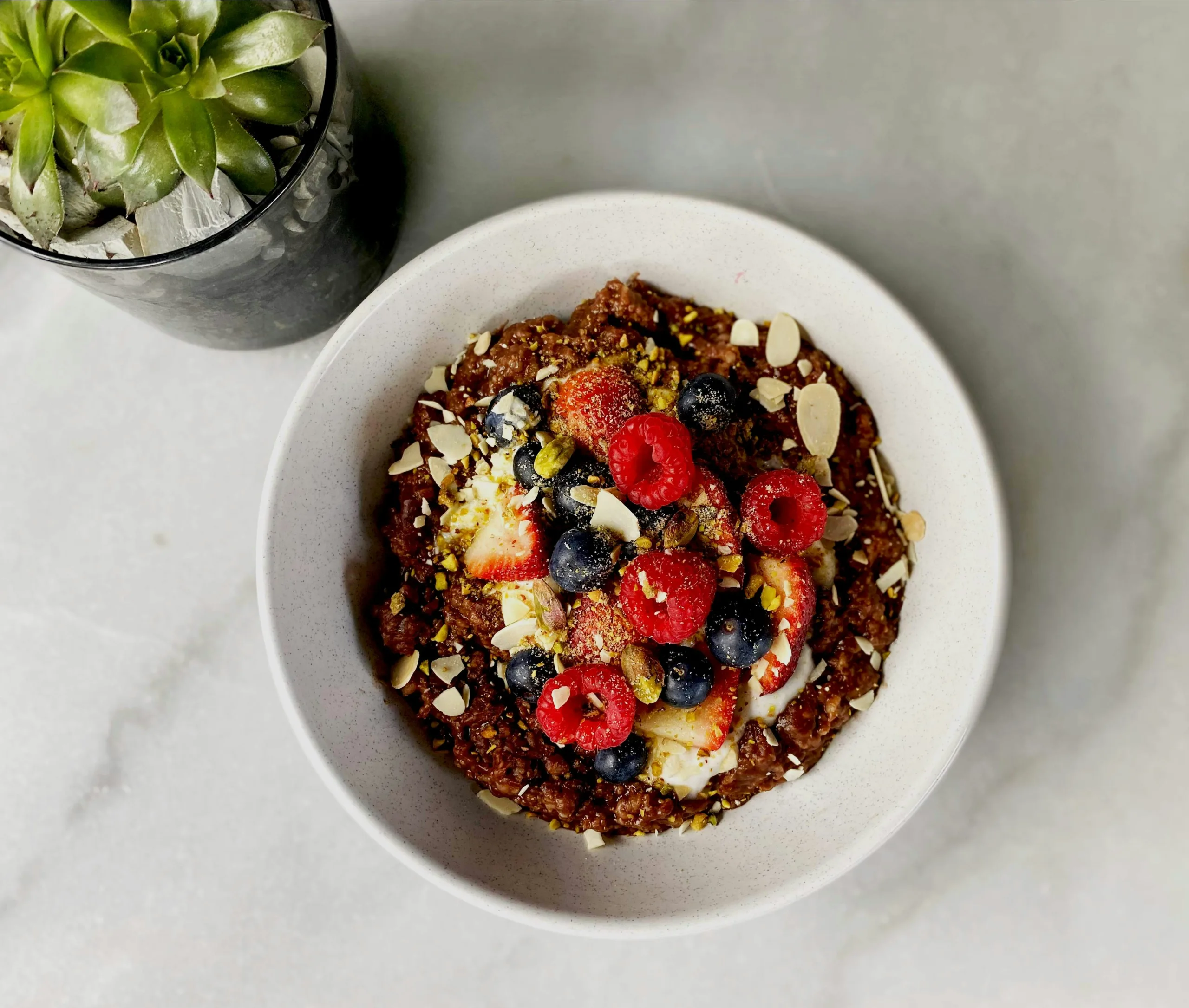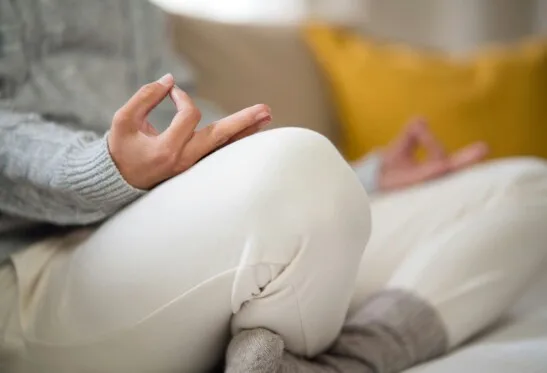It probably comes as no surprise that people are increasingly, unhappy. According to the CDC as of late June, 2020, over 40 percent of U.S. adults are suffering from increased mental health issues—with a big spike in young adults, essential workers, and caregivers. People are experiencing heightened anxiety, depression, increased substance use, and elevated suicidal ideation.
The report found symptoms of anxiety disorder were approximately three times higher than the same time last year (June, 2019 vs. June, 2020)—25.5 percent versus 8.1 percent, and depressive disorder four times higher— 24 percent versus 6 percent.
The pandemic is continuing to surge with numbers rising as the cold weather begins. Restrictions and curfews are being implemented. Daycares and schools are having to close again. Just as we were getting a glimpse of normalcy, we’re having to take a step back. It’s critical for all of us to recognize that taking care of our mental health is essential at this time.
Many of us are looking for something, really anything to help us find some happiness—even if that is just for a moment. And, while we can’t control what is happening on a global scale, there are some things we can do for ourselves.
Here are four science-backed ways to improve your mental wellbeing.
Connect with a Friend
In a recent interview, Dr. Corinna Keenmon, medical director of psychiatry at Houston Methodist Hospital said, “There are plenty of people in the same boat as you, suffering through the same challenges; and, while we can’t always be with someone in person right now, even just a phone call or video chat can help us connect.”
Take a moment to call your friend or relative. You don’t have to talk about what’s bothering you. Just connecting with others, especially if you’ve been isolated for a long period of time can make a huge difference.
Take a Social Media Break
Social media can be great. It can help us connect with others (as mentioned above, so important right now!). It can be a way to share photos and updates about our lives with family far away, and it can also make us laugh and inspire us to get moving (hello, dance reels!). But, it can also make people feel more isolated, self-conscious, and even angry. A Pew Research study in 2018 found 71 percent of social media users reported finding content that made them angry.
“Seeing others’ curated, polished images of only happy moments or attractive photos can set up an unrealistic expectation of ourselves, and the destructive experience of constantly comparing oneself with others,” Christine Moutier, M.D., practicing psychiatrist and chief medical officer at the American Foundation for Suicide Prevention (AFSP), told SELF magazine in a recent interview.
Take a social break. Turn off your alerts and put the phone in a drawer (even 30 minutes can make a difference). If you’re feeling bold, delete the app from your phone for a day (or a week…we dare you!). t’s proven to help. A 2018 study of over 100 undergrads at the University of Pennsylvania showed a reduction in loneliness and depression after 3 weeks of limiting their time on social platforms (Facebook, Instagram, Snapchat) to 10 minutes a day.
Reframe the Negativity
It’s easy to dwell on negativity. We can get caught up in all the “what-ifs.” But, having a positive outlook can work wonders as it relates to your health. A 2019 study revealed that people who focused on the positive in their lives had greater odds of living to over 85 years old. What’s more, they had a 35 percent less chance of suffering from a heart attack or stroke, and had a stronger immune system).
The next time you find yourself going down a negative thought spiral, try these three steps:
- Become Aware of the Thought: Recognize the thought to understand what is happening. Some negative thoughts will pass by; but, if you start to really dwell…
- Ask Yourself Questions: Literally ask yourself about the thought. Is this true? How is it affecting you? What advice would you give someone if they came to you with it? Journaling is a great way to do this—it’s actually been proven to help reduce anxiety and even boost performance. Then…
- Come Up With New View: What can you do right now to help yourself overcome the negativity? Is there something else you can focus on that is more positive?
Focus on Sleep
Studies have shown that not getting proper sleep can lead to physical problems like weakened immune systems and mental health problems such as anxiety and depression. So, getting those seven to eight hours each night is imperative. Set up a sleep routine to help calm your busy brain at night.
5 ways to get you ready for sound sleep:
- Set a regular bedtime. Your body craves consistency, and you’re more likely to get enough sleep if you schedule rest like your other important tasks. At Nutritious Life, we call this practicing good sleep hygiene.
- Create a cutoff time for coffee (and wine): While a cup (or two) of coffee in the morning can help you feel more alert during the day, as you acclimate to an earlier wake-up time your caffeine consumption should stop around lunchtime. Otherwise, you risk not being able to fall asleep that night. The same goes for a nightly glass of wine or cocktail. If you have a glass of wine with dinner, make sure there’s a three-hour time frame between then and when you go to sleep. While alcohol might make you feel more drowsy and make it easier to fall asleep, it can take a toll on the quality of sleep you get throughout the night (which makes it harder to get up in the a.m.).
- Exercise. Working out can improve sleep in many ways, including relief of muscle tension. Don’t work out right before bed, though, since exercise may make you more alert. If you like, try gentle upper-body stretches to help transition into sleep.
- Make your bed a sleep haven. Don’t pay bills or write reports in bed. Also, if you can’t fall asleep after 15 minutes, you can try some soothing music; but, if you remain alert, experts recommend getting up until you feel more tired.
RELATED: Should I Take Melatonin to Help Me Sleep?
(photo credit: Shutterstock)






























